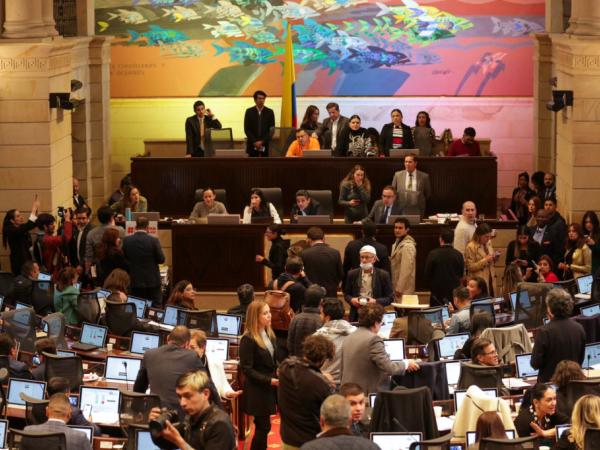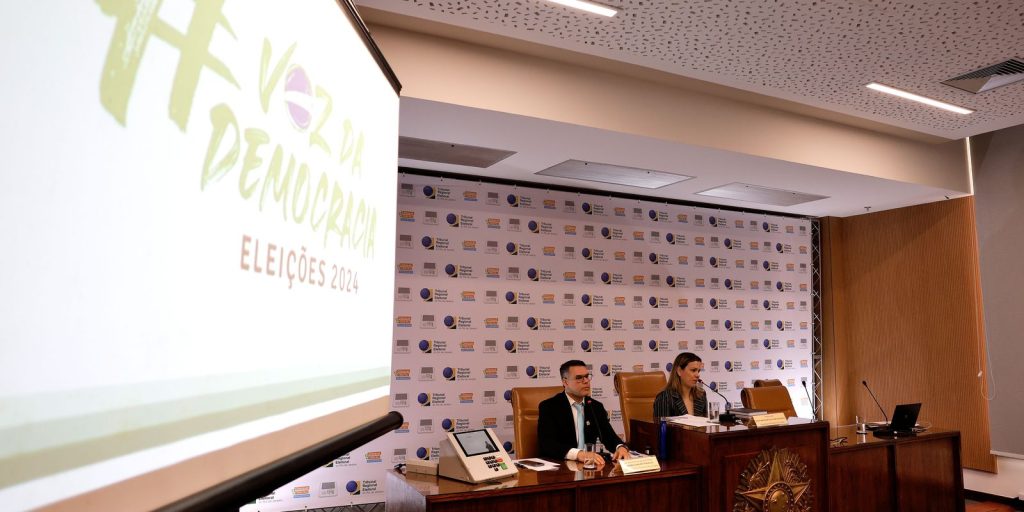The labor reform of Gustavo Petro’s government advances in its second debate in Congress, specifically in the Plenary of the House of Representatives, and several articles of the more than 80 that the initiative has have already been approved.
(See: ‘Labour puts the sustainability of some companies at risk’).
What has been approved about the project
On Monday, September 30, voting on articles began en bloc. The first approved were 1, 2, 3 and 4, which refer to the general provisions of the labor reforml.
Article 5, on indefinite-term contracts, and article 6, that fixed-term employment contracts may be concluded for a term of no more than four years, also saw the green light, after proposals seeking to eliminate them were denied.
Article 9, which establishes new conditions for publishing work regulations by companies, was another that was approved.
(See: What awaits the labor reform at the beginning of October).
Congress.
THE TIME
Some congressmen sought that the project should not be voted on as a block, but rather article by article, for which a proposal was presented. However, it was denied and the Cambio Radical bench withdrew from the debate.
Some parliamentarians have asked for guarantees for the debate, since they consider that they do not have them.
(See: Labor reform would ‘hit’ the generation of new jobs in construction).
The details of the initiative
The labor reform project seeks to make firm the changes in the working day, the night, holiday and Sunday surcharges, the protection of the union association and the support for micro and small businesses; which according to the Ministry of Labor, seek to guarantee decent working conditions for Colombians.
This reform contained 98 articles, but During the approval in the first debate, 23 fell, related to the union association and collective agreements. However, for the second, of four discussions that must take place, the Ministry of Labor insisted on part of what was dropped and together with the changes proposed within the plenary session of the Chamber, in the end there were the 80 that they are going to review.
The initiative would have until December 16 to carry out its debates in committees and plenary sessions. If he doesn’t succeed, he would sink.
(See: Rappi supports labor reform: what are its reasons, if it increases costs?).
Those in favor of the reform say that it is necessary to guarantee labor dignity to millions of Colombians. However, For employers, there are many elements to review, starting from the increases in labor costs, which could end up favoring informality, especially in these times of deceleration.
PORTFOLIO


















